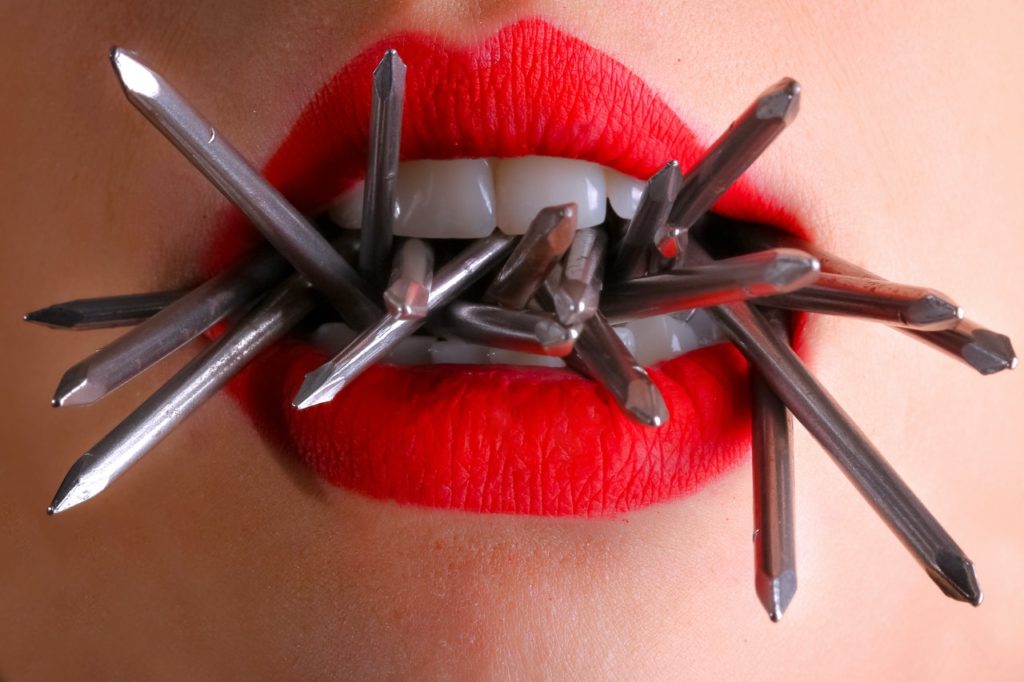Recognising a dental emergency
With the trials and strains of last year still being felt by many, we are all collectively hoping for an easier and less stressful year in which we can focus on the things that matter to us. Dental emergencies are never easy, and they come in all shapes and sizes. Whilst over the national lockdowns many people refrained from seeking out their dentist, now – as things slowly return to normal – more and more people are now turning to the dentist for help.
However, it is important that people recognise when they should contact their emergency dentist in Southgate to get the help they need – before it becomes a more serious issue.
What constitutes an ‘emergency’?
When people consider dental emergencies, there is a tendency to think purely in terms of accidental damage – such as tooth loss through injury. Whilst this is definitely a dental emergency and should be treated as such, there are also several other forms that a dental emergency can take – such as a toothache or facial swelling. Below are some of the most common reasons that patient may seek out the help of an emergency dentist:
Severe toothache can often be a problem. Mild toothache is not always an indicator that you need to visit an emergency dental practice. However, if it is persistent and severe then it may be an indicator of a dental abscess, rot or infection – all of which require immediate dental attention.
Bleeding or aching gums are also common in many patients. Again, a small amount of blood on your gums when flossing or brushing isn’t an indicator you need immediate dental aid. That said if the blood is recurring and excessive, and leaves your gums aching after brushing, it may be an indicator of gum disease (or periodontal disease) – which needs instant dental care.

Swelling of the jaw can also be quite alarming in any circumstances. Facial swelling of any sort is not something which should be ignored, and ought to be considered as a dental emergency. If you are experiencing swelling around the face or jaw which is accompanied by a fever, foul taste in your mouth or respiratory problems then you should contact your emergency dentist immediately as it may be a sign of a serious salivary gland infection.
Chipped or lost teeth can occur due to accident or injury. Trauma is the leading cause of adult tooth loss and can come about through literally countless ways. If you have broken a tooth then you should always contact your emergency dentist. Similarly, if the tooth is knocked out entirely then the sooner you contact your emergency dentist, the higher the likelihood is that the tooth can be reattached.
What to do when a tooth has been lost
Losing a tooth is always traumatic and stressful. However, there are some simple steps that you can take upon losing it that can make the process of reattaching it far easier:
First you should pick up the lost tooth by the crown – NOT THE ROOT – which will hopefully keep any exposed nerve endings intact. Use either milk, saline solution or clean water to gently rise the lost tooth – removing any excess dirt and bacteria. If possible, gently reinsert the tooth yourself into the space it has fallen out of. Apply pressure to hold it in place using either a medical gauze or some clean fabric. If reinsertion is not possible, protect the lost tooth by placing it in milk or saline solution.
Visit your emergency dental practice as soon as possible – ideally within a matter of hours – to maximise the possibility of a successful reattachment.

